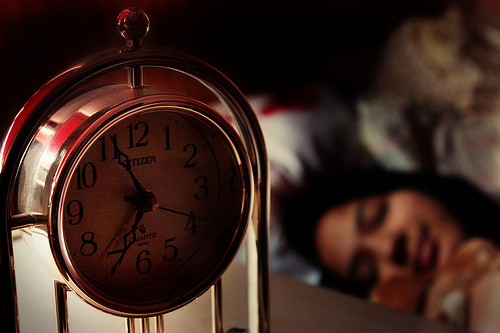
How much sleep does a person need?
It is known that a person should sleep an average of 7 to 8 hours, daily, but the truth is that the amount of sleep varies depending on several factors, including our age. Newborns, for example, can sleep as much as 18 hours, and small children need an average of 10 to 14 hours of sleep, every day. Teenagers also require a few more sleeping hours, say from 9 to 10; adults, on the other hand, can recover with just 7 to 9 hours of sleep. Your sleep debt, or the sleeping hours that you use for other activities and that accumulate over time, also affects the number of hours of sleep you need.
- Important notification about information and brand names used in this slideshow!
- Photo courtesy of Pimthida by Flickr : www.flickr.com/photos/pimthida/5211584927/
- www.health.com/health/gallery/0,,20445820,00.html
- http://www.mayoclinic.com/health/napping/MY01383
- http://www.webmd.com/sleep-disorders/sleep-disorders-faq
- http://www.sleepfoundation.org/article/sleep-topics/napping

Do you have a sleep debt?
It is very common to use sleep hours for other activities, like finishing a project, watching movies or partying. Your sleep debt keeps accumulating over time, until you start feeling you are not yourself anymore. When you are sleep deprived, you find it difficult to make simple decisions; you are hungry all the time and you crave mainly sweets, cakes, cookies and all kind of carbohydrates. Less sleep makes you vulnerable to infections and you tend to get sick frequently; you are more emotional, feeling down most of the time, and clumsy, spilling your coffee or tripping while you walk.

Planned napping before a rough night
It turns out that there are three types of napping. The first one, called planned napping, is usually taken before you start feeling tired and sleepy. If you know you need to stay up late because you have a huge project done by tomorrow, or a Math test and you haven’t finished studying, then you can plan a napping session before continuing with your activities. This way, you’ll recharge your energies and you will prevent feeling sleepy before finishing what you have to do. You can plan a nap before a long journey, for example, to avoid falling asleep while driving.
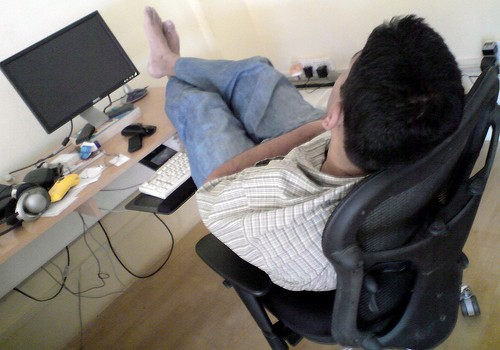
Power nap and boost your brain
Salvador Dali, the famous surrealist painter, used to take power naps not only to recover lost sleep, but also to boost his artistic abilities. As crazy as this sounds, napping does give us the opportunity to boost the brain and improve our performance. Power napping helps us in problem solving, learning and memory; it also stabilizes our heart rate and blood pressure. If you want to put power napping in practice, do as Dali used to do. He sat on his chair, with a spoon on one hand and a plate on the floor, just below his hand; when he fell asleep, he would drop the spoon and the sound of it hitting the plate would wake him up. This way, he said, he would awake fully restored and ready to continue with his daily activities.
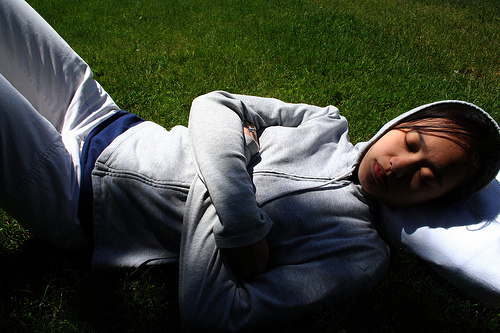
Habitual napping for an everyday effect
As its name indicates, habitual napping is when you nap, everyday, at the same time, for a set period of time. Small children usually take this type of nap, during the afternoon; however, adults can also benefit from habitual napping. If you think you need a nap to recover some energy, try doing it after lunch. After you eat, all your energy focuses on the digestion process, leaving very little fuel for your brain and causing you sleepiness. Take advantage of this and take a short nap of 15 minutes. These 15 minutes will work like magic and you will feel restored and with enough energy to continue with the rest of your activities.
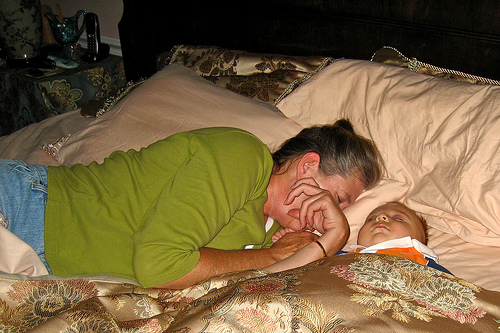
Emergency napping for a quick brain recovery
The second type of napping is the emergency napping. When you start feeling that you can’t keep your eyes opened, making it impossible for you to continue with what you were doing, it is a sign telling you that your brain needs a break at that moment and an emergency nap will certainly help you with that. People that feel sleepy while performing a very delicate activity, such as driving or handling dangerous machinery, should take this type of naps. After an emergency nap, you will feel more alert and you will be able to perform the activity more efficiently, reducing the chances of mistakes or failure.

Why should I take naps?
Do you have trouble focusing after a certain hour of the day? Well, it turns out that napping could help you with this, even more than caffeine. Napping will not only boost your brain and help you to get back all the sleep hours that you spent studying or partying. As the brain rests, napping improves your attention, makes you more alert right after waking up and a few hours later, it improves your performance and makes you feel rested and fresh. Also, it helps to maintain your weight, because it reduces your stress and anxiety levels, keeping you young and happy.
- Important notification about information and brand names used in this slideshow!
- Photo courtesy of Marcos Vasconcelos by Flickr : www.flickr.com/photos/marcosreis07/3211713208/
- www.sleepfoundation.org/article/sleep-topics/napping
- http://io9.com/the-science-behind-power-naps-and-why-theyre-so-damne-1401366016

The bad side of napping
Believe it or not, napping is not for everyone. Certain people may feel disoriented and moody after taking a nap; they can even feel more tired or as if they hadn’t rested at all. This might be because they are not used to sleeping in a different place other than their own bed and bedroom, for example; or simply because their brains, rather than recharging battery and waking up all energized, needs more than 15 minutes of sleep to recover. Naps can also alter your night time sleeping habits. It can be difficult for you to sleep after having taken a nap during the afternoon. If this happens to you, then try to find a different strategy to give your brain a break during the day, like meditation.

How to take a nap
Master the science of napping! A nap should last from 20 to 30 minutes, no more. This will be enough for you to feel the benefits of napping without interfering with your regular night time sleep. Find a comfortable and quiet place to nap. It is very important for you not to be disturbed while napping; the noise and temperature in a room are factors that could make of your nap a good one, but could also interfere with your sleep and get you all stressed and angry. And last but not least, pick an hour of the day that doesn’t interfere with your activities and dedicate it only for napping. It shouldn’t be too early, as you might not even feel tired by that time, but not too late either, to avoid your nap from alter your normal bedtime.
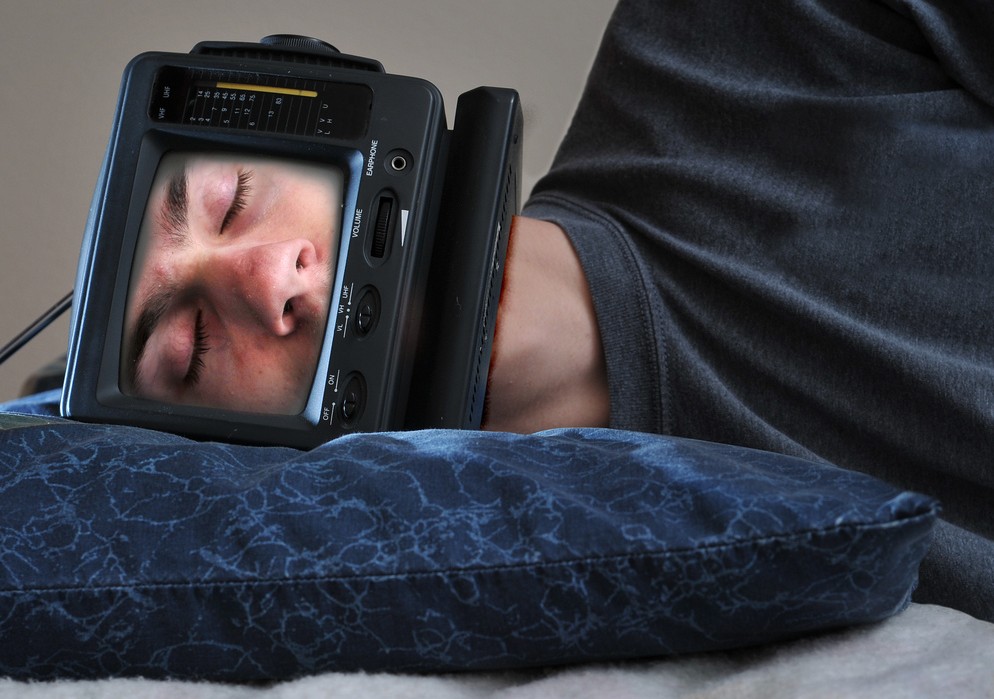
Naps are not just for lazy people
We normally associate napping with babies, old people and the sick. It is often thought that adults that nap are lazy and lack of ambition. These ideas are completely wrong. Scientists have shown that napping is a healthy habit that enhances your cognitive abilities, especially motor skills and learning and memory. It is much better that drinking 4 cups of coffee a day to stay awake and alert, because instead of stimulating your brain until exhaustion, you just pause it for 15 minutes, giving it time to refuel. After you wake up, your brain switches back on, all rested. Try it, and you will feel the difference.












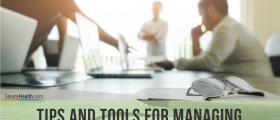










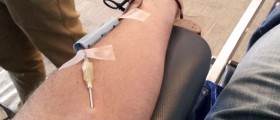



Your thoughts on this
Loading...